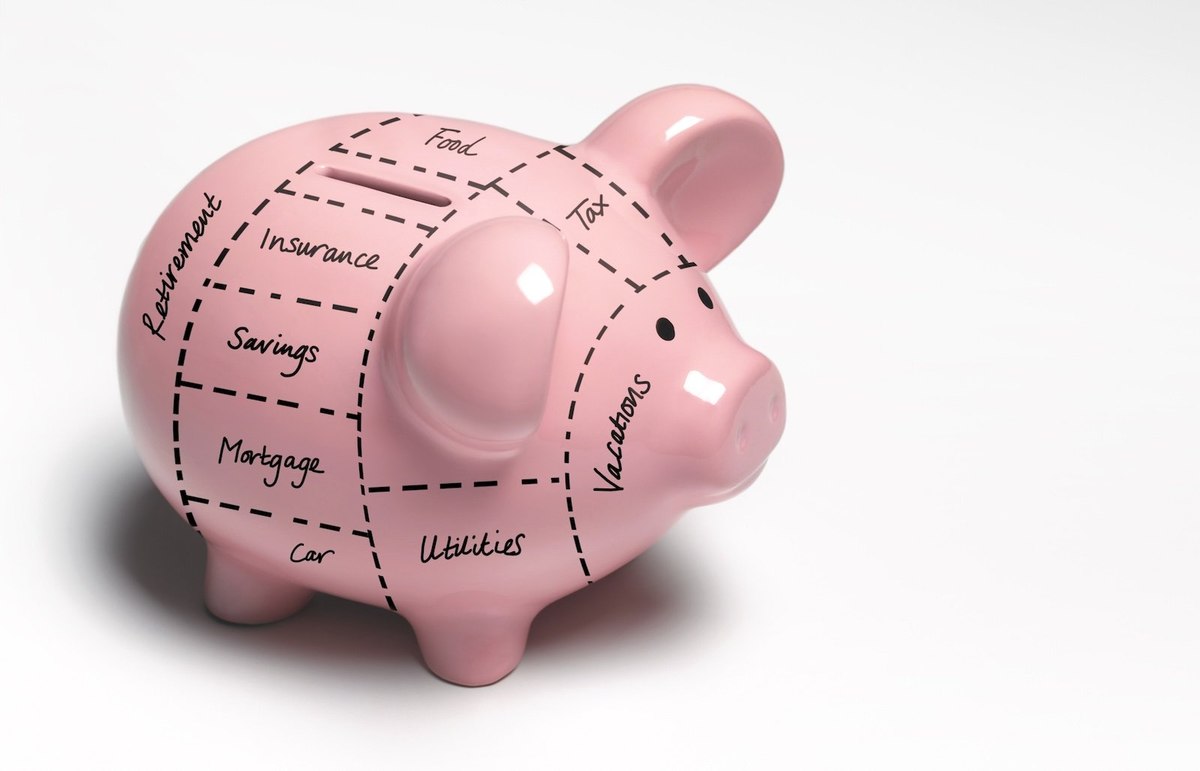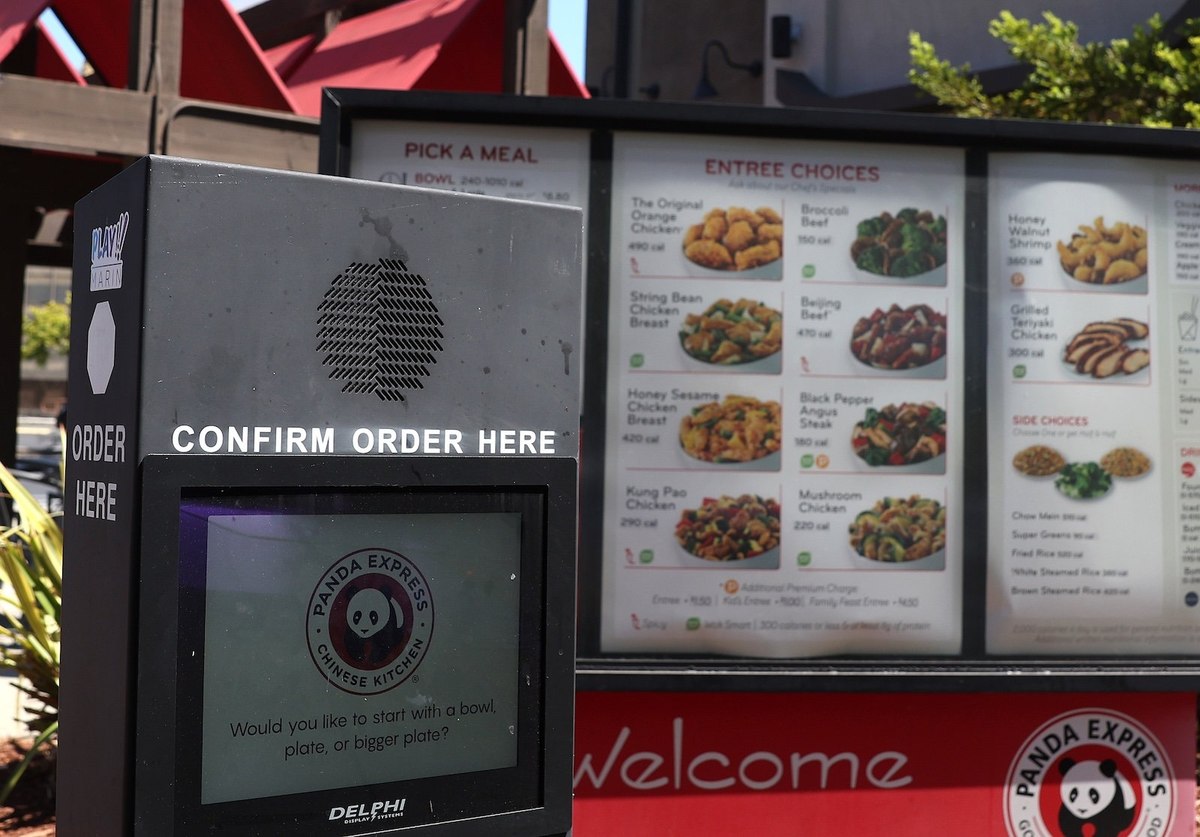
Americans support plastic reduction but eco-friendly practices wane
YouGov delved into Americans’ attitudes towards various environmentally-friendly behaviors this month, using YouGov Surveys: Serviced. The survey explored consumer opinions on who should bear the responsibility for reducing the use of single-use plastics in the US, as well as other green initiatives. A comparison between the results from 2019 and 2023 reveals intriguing changes.
In 2019, almost three in five consumers (58%) saw themselves, the individual consumers, as bearing part of the responsibility. This figure fell to just under half (49%) in 2023.
The head of state and charities/NGOs saw noticeable drops in expected rate of responsibility. In 2019, one in five consumers (21%) saw the head of state as being accountable, but by 2023, this has fallen to just over one in six (17%). For charities and NGOs, the figure fell from a little under one in five (16%) to just over one in eight (12%).
At the same time, the proportion of consumers holding companies that produce (53% to 51%) and sell (51% to 49%) single-use plastic items accountable remained relatively steady, albeit with a marginal decrease. Further down the list, the expectation of responsibility from environmental agencies, media outlets, and public actions experienced minor changes, with slight declines observed in each.
Our data points towards a varied approach adopted by consumers to lessen their environmental impact, potentially pointing towards a shift in environmental consciousness or practical considerations.
The practice of recycling has declined over the four years from 60% to 55%. Another significant behavior that saw a decrease in engagement was the using/buying of re-usable cups and bottles, with the practice falling from 44% to 38%. A similar downward trend is observed in buying things in multipacks (35% to 31%), using eco-friendly supplies (31% to 28%), buying locally produced food (31% to 29%), and the use of refillable products (28% to 24%).
Some activities have held steady or seen a small increase. The practice of using canvas or reusable bags (41%) and buying second-hand clothes (22%) remained steady while the practice of upcycling (25% to 26%) and using bamboo or reusable cutlery (8% to 9%) saw a minor increase.
Interestingly, there has been a slight increase in the percentage of Americans not taking part in any activities to reduce their impact on the environment – from 8% in 2019 to 11% in 2023.
When it comes to the future of plastic usage in the country, consumers show a trend toward greater reduction efforts. In 2019, 46% advocated for reducing the use of single-use plastic. By 2023, that figure had risen to 50%. However, the more drastic measure of completely stopping the use of single-use plastic saw a decline in support. Over a quarter (27%) endorsed this idea in 2019, but the proportion dropped to just over a fifth (22%) in 2023.
The proportion of consumers comfortable with maintaining the status quo, continuing the same amount of single-use plastic usage, remained unchanged (12%). A small, but slightly growing minority advocates for increased plastic usage, with the figure doubling from 2% to 4% over a four-year period.
Overall, the data points to a consumer base that is aware and concerned about the environmental impact of single-use plastics. However, this consciousness also contends with the practical realities of daily life, reflected in the waning engagement in certain eco-friendly behaviors and the slight decrease in support for more radical measures like stopping single-use plastic entirely. What remains consistent is the shared expectation of responsibility among diverse actors in tackling this environmental issue.
These illuminating findings underscore the power and potential of comprehensive market research in informing critical decisions and strategies. If you're a marketer or brand looking to gain similar insights about your audience, remember that you too can conduct such surveys. With our YouGov Surveys: Serviced tool, you have the means to connect with your audience, understand their attitudes, behaviors, and preferences, and shape your strategy accordingly. Harness the power of data-driven insights with YouGov today to stay ahead of the curve and make informed decisions that resonate with your consumers.
Explore our living data – for free
Want to run your own research? Run a survey now
Make smarter business decisions with better intelligence. Understand exactly what your audience is thinking by leveraging our panel of 20 million+ members. Speak with us today.
YouGov Surveys: Serviced provide quick survey results from nationally representative or targeted audiences in multiple markets. This study was conducted online on 10-13 July 2023, with a nationally representative sample of 1,313 adults 2019 and 1,222 in 2023 in the US (aged 18+ years), using a questionnaire designed by YouGov. Data figures have been weighted by age, gender, education level, region, and social grade and to be representative of all adults in the US (18 years or older), and reflect the latest population estimates. Learn more about YouGov Surveys: Serviced.
Photo by Stas Knop on Pexels

































